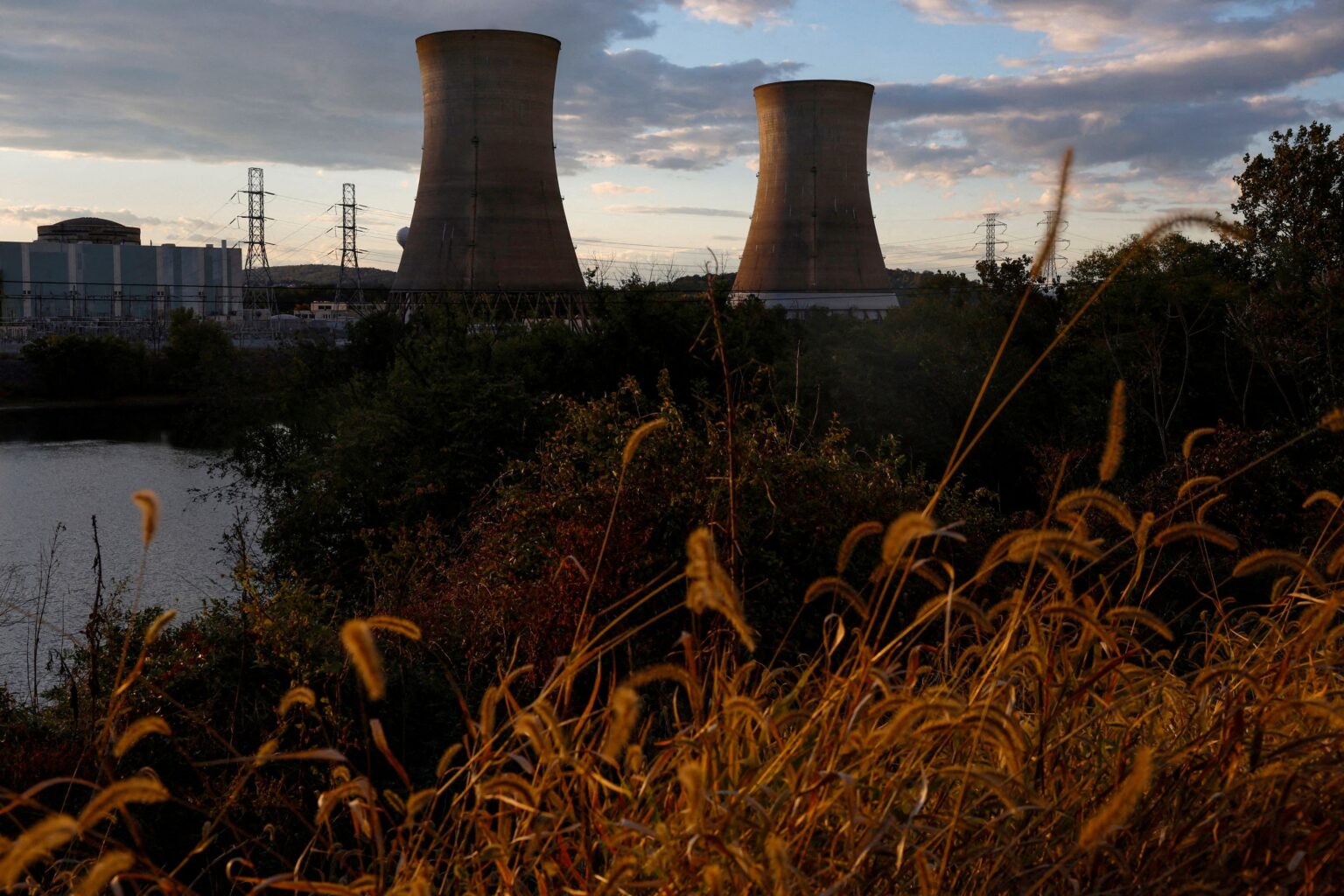White House Dismisses Leading Nuclear Safety Official Amid Efforts to Shift Oversight Authority
In a sudden move that raises questions about the future independence of nuclear regulation in the United States, the White House terminated the position of a prominent nuclear safety regulator through a brief email sent late Friday evening. The abrupt dismissal appears to be part of a broader strategy by the administration to diminish the autonomy of the Nuclear Regulatory Commission (NRC), which has traditionally operated as an independent body overseeing nuclear power plant safety.
The email, dispatched to Commissioner Christopher Hanson by Trent Morse, deputy director of presidential personnel, offered no justification for the termination. The message simply stated, “I am writing to inform you that your position as Commissioner of the U.S. Nuclear Regulatory Commission is terminated, effective immediately,” and concluded with a note of thanks for his service. The timing of the email-sent at 6:19 p.m.-and its brevity have sparked concern among industry observers and legal experts alike.
Legal and Political Context of the Dismissal
Hanson, whose term was scheduled to extend through June 2029, characterized his removal as “without cause” and contrary to established legal standards and long-standing practices concerning the removal of independent agency appointees. He has not publicly indicated whether he intends to pursue legal action. The White House and the Office of Personnel Management did not respond immediately to inquiries for comment.
This development leaves the NRC’s five-member commission evenly divided among appointees-two nominated by President Joe Biden, one by former President Donald Trump, and another initially appointed by Trump and subsequently reappointed by Biden. Hanson’s departure marks the latest in a series of moves by the Trump administration aimed at consolidating control over agencies traditionally insulated from direct political influence.
Implications for Nuclear Oversight and Industry Development
Hanson’s removal comes amid ongoing efforts to accelerate nuclear energy development in the U.S. The Trump administration, during his tenure, issued executive orders to expedite licensing processes for new reactors, criticizing the NRC for being overly cautious. Both Trump and Biden have expressed a shared vision of revitalizing nuclear power as a key component of the nation’s energy future, emphasizing the need for dozens of new reactors to meet rising demand.
Despite these ambitions, no large-scale new nuclear plants are currently under construction in the U.S., while countries like China are rapidly expanding their nuclear infrastructure. Industry analysts point to a complex mix of factors behind this stagnation, including economic challenges such as the high costs associated with building nuclear facilities, rather than regulatory hurdles alone. The U.S. is actively exploring innovative solutions, including the development and licensing of small modular reactors (SMRs), which promise to be more cost-effective and flexible than traditional large reactors.
Challenges Facing the Future of Nuclear Energy
The licensing process for SMRs faces significant obstacles, notably in securing the necessary highly enriched uranium (HEU) fuel, much of which is controlled by Russia. This supply chain issue has become a critical bottleneck, delaying the deployment of these next-generation reactors. Meanwhile, the most recent nuclear project, Georgia’s Vogtle plant, has experienced substantial delays and cost overruns, exemplifying the hurdles faced by large-scale nuclear construction in the U.S.
Expert Perspectives on the Significance of Regulatory Independence
Jennifer Gordon, director of the Atlantic Council’s Nuclear Energy Policy Initiative, expressed concern over Hanson’s dismissal, emphasizing the importance of the NRC’s independence. “The NRC’s autonomy sets a global standard for nuclear regulation,” she noted. “It fosters international collaboration, ensures rigorous safety standards, and helps prevent political interference from compromising technical assessments.”
As the U.S. seeks to position itself as a leader in clean energy and nuclear innovation, maintaining the integrity and independence of regulatory bodies like the NRC remains crucial. The recent personnel changes underscore ongoing debates about the balance of power between political oversight and technical expertise in shaping the nation’s nuclear future.

